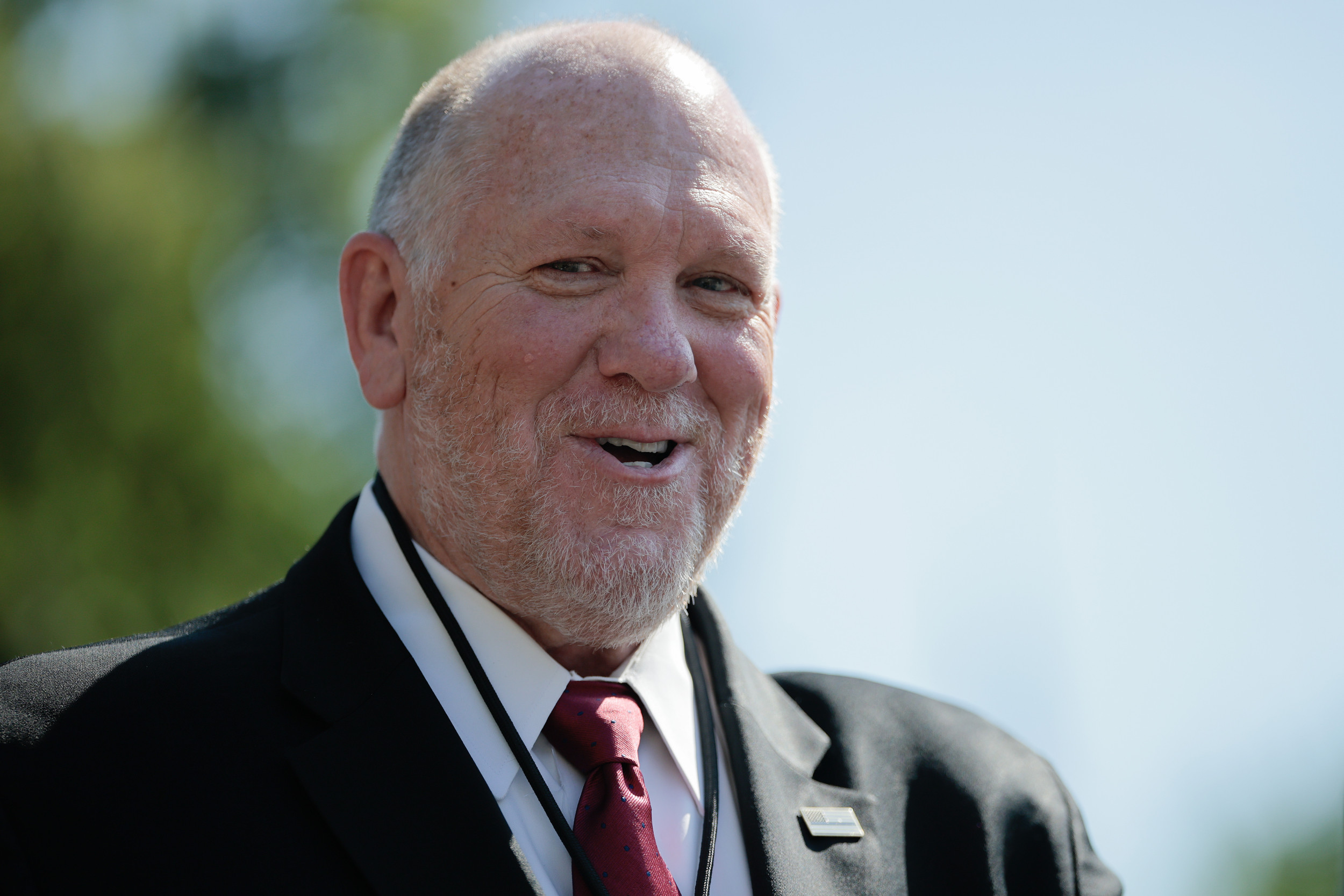Just 40% of conservative voters are supporting Republican Curtis Sliwa
The chances of New York City electing a member of the Democratic Socialists of America as mayor seem to be growing by the day.
A shock poll released this week by the Siena Research Institute shows 23% of self-described conservative voters plan to back socialist candidate Zohran Mamdani, who is running as a Democrat. Election Day is November 4.
The poll, of 813 registered voters taken August 4-7, found just 40% of conservative voters are supporting Republican Curtis Sliwa. Incumbent Mayor Eric Adams captures 9% while former Gov. Andrew Cuomo earns 18% of votes from conservative voters.
Oddly, the same poll found Mamdani with just a 7% favorable rating among conservative voters. 42% of conservatives view Sliwa favorably.
The poll found Mamdani well under the significant 50% threshold, indicating Mamdani opponents could theoretically consolidate their support to thwart the socialist who has pledged higher taxes for rich city residents, government-owned grocery stores, and less privately owned property.. 44% of voters plan to support him in the general election. Cuomo is in second at 25%.
Meanwhile, 76% of conservative voters have a favorable view of President Donald Trump. 77% of voters who identify as Republicans view him favorably. Those results are significantly lower than other surveys that find support for Trump among Republicans in the high 80s or low 90s.
This is a good omen for the 2026 mid-terms!


:max_bytes(150000):strip_icc():focal(749x0:751x2)/donald-trump-2-062425-7d792734fff14bd88fbe50667cf9b441.jpg)
